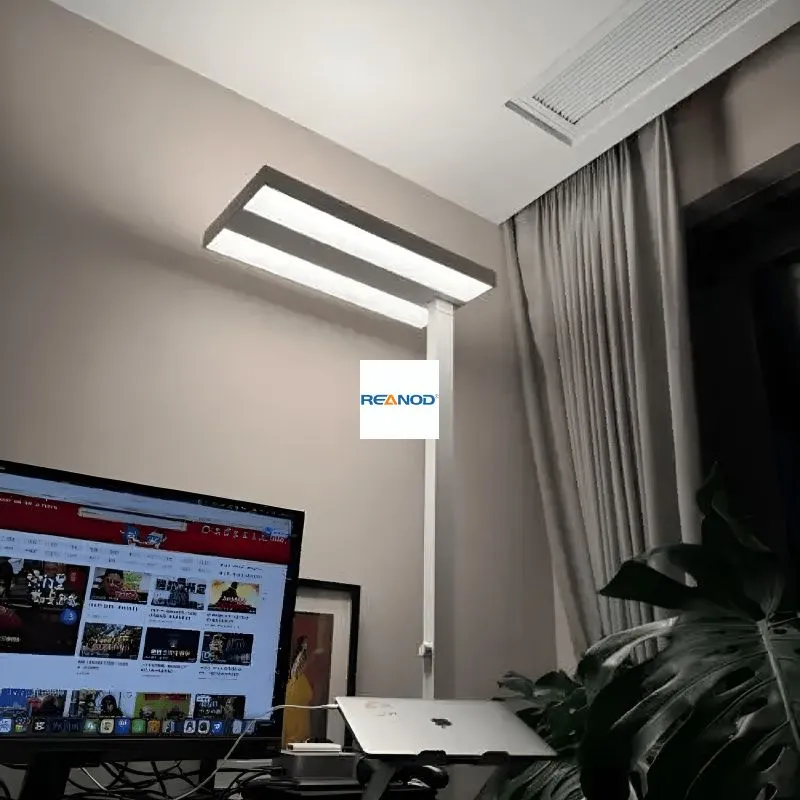- Ornaments0
- test-导入1
- 测试排序
- 家具用品11
- 宠物用品
- 家具用品3
- 家具用品2
- 玩具
- 装饰品
- 电子用品
- 家具用品
- 健身器材123
- 运动器材
- 健身器材
- Leisure and fitness equipment
- Finance and Insurance Industry
- Direct material supplier
- Lifestyle related topics
- Business use
- custom class
- qianqian-test16
- qianqian-test151as
- 产品分类8
- 产品分类7
- 产品分类6
- 产品分类5
- 产品分类1
- Auto Parts-test
- test 千千 With her love, I feel like a fish swimming happily in a beautiful sea.
- Industrial Hose
- filter paper
- tricycle
- Pet toys
- 颜色
- Food Rubber
- No picture classification
- Composite Rubbe
- Composite Rubber Hose2
- Large Diameter
- Hydraulic Hose
Ceramic products
In today’s fast-paced world, the search for durable and innovative materials is ever-growing. One prominent solution is ceramics, which has become a game-changer for diverse industries. Many professionals, especially those in construction, healthcare, and technology, have recognized the significant advantages ceramics offer. For instance, while dealing with the pain point of material failure in harsh environments, the use of ceramic products can enhance durability and performance. This article aims to explore the significance, applications, and advantages of ceramics, ultimately encouraging readers to delve deeper into their potential.

What Are Ceramics?
Ceramics are inorganic, non-metallic materials that are typically made from powdered chemicals and clay. They are characterized by their high resistance to temperature and corrosion. Some key terms related to ceramics include:
- Porcelain: A specific type of ceramic known for its strength and translucence, widely used in dinnerware and art.
- Alumina: A common ceramic material known for its exceptional hardness and thermal stability, often used in electrical insulation.
- Bioceramics: Ceramics designed for medical applications, such as dental implants and bone grafts, highlighting the intersection of healthcare and materials science.
Applications of Ceramic Products
Ceramics have diverse applications across various fields:
- Construction: Used in tiles, bricks, and insulation materials due to their durability and thermal properties.
- Healthcare: Bioceramics like hydroxyapatite are utilized in prosthetics and dental applications.
- Electronics: Essential in the production of capacitors and insulators owing to their precise electrical properties.
- Aerospace: Lightweight ceramic composites are critical in advanced aircraft and spacecraft due to their ability to withstand extreme temperatures.
The Advantages of Ceramics
Ceramics are crucial for multiple reasons. Firstly, they offer exceptional hardness, with some ceramic materials exhibiting a hardness greater than that of the hardest metals, making them suitable for high-wear applications. Statistics indicate that ceramics can withstand pressures of over 30,000 psi in some structural environments. Additionally, ceramics are chemically inert and resistant to moisture absorption, with studies showing that they can last longer than traditional materials—often over 20 years in harsher environments without significant degradation.
Furthermore, their thermal resistance means ceramics can operate at temperatures exceeding 1,000°C (1,832°F), making them invaluable in industries requiring high-performance materials.
Next Steps and Conclusion
In conclusion, the pervasiveness of ceramic products in modern industries presents numerous opportunities for innovation and development. Their unique properties are not merely advantageous, but necessary in many applications. For those interested in adopting or learning more about ceramic materials, we recommend reading guides on their various applications and best practices.
FAQs About Ceramic Products
Q1: Are ceramics waterproof?
A1: Yes, most ceramics are impervious to water and have low absorption rates.
Q2: What are the best uses for ceramics in construction?
A2: Ceramics are ideal for flooring, roofing tiles, and insulation materials due to their durability and thermal properties.
Q3: How do ceramics compare to metals for electronic applications?
A3: Ceramics offer superior insulation properties compared to metals, making them preferable for certain electronic components.
Call to Action
To further enhance your understanding and application of ceramics in your industry, consider exploring our comprehensive guide on ceramic products or trying out our innovative ceramic solutions at Success. Unlock the potential of ceramics today!
- previous Plastic furniture supplies
- next Ceramic products
-

自定义客服1: 7890988
-

自定义客服2: 6789088
-

自定义客服3: 7890988
-

自定义客服4: 6789088










